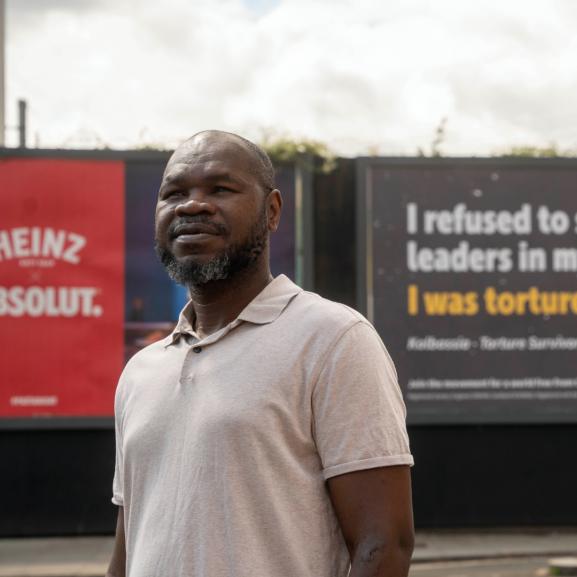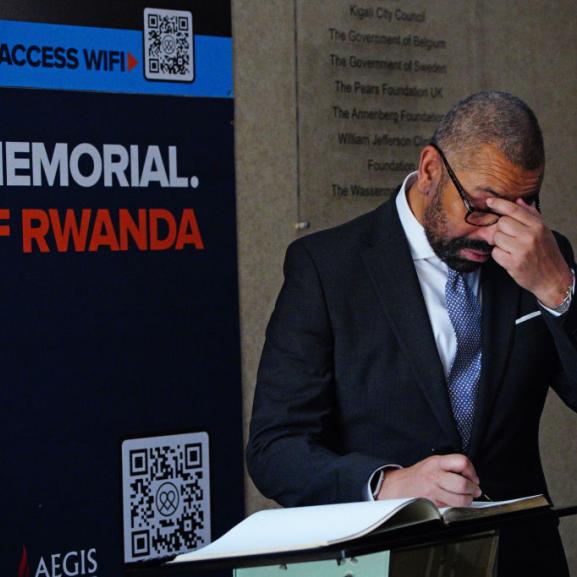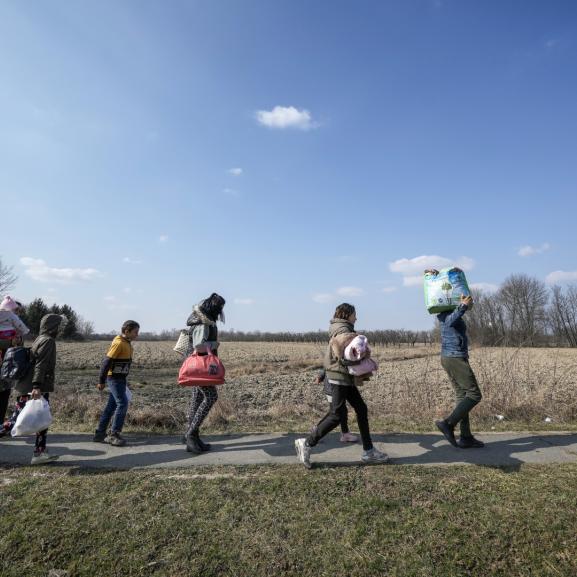Important role for health professionals in preventing torture
Healthcare professionals have an important role in helping to prevent torture both in Europe and beyond, according to a new Medical Foundation report.
Entitled 'What can Health Professionals do to Support the Prevention of Torture?' it stresses that doctors, nurses and other healthcare professionals are potentially valuable members of teams preventing torture.
Presented to the Organisation for Security and Co-operation in Europe's (OSCE) meeting on the Prevention of Torture, held in Vienna on November 6 and 7, the Foundation report noted that there are two main barriers to the elimination of torture.
The first is that many states use judicial and police systems based largely on confession – which as a consequence can lead to the gathering of evidence under torture. The second is the impunity often enjoyed by perpetrators.
Health professionals can be an important foil to both these says report author Dr Michael Peel, the Foundation's advocacy officer on health and human rights issues:
"The solutions include exposing and prosecuting members of the security services who still use unnecessary or disproportionate force in handling suspects and detainees,” he says. "This requires multi-agency action, and healthcare professionals can play an essential part in the process with the careful assessment and documentation of evidence of ill-treatment.”
To do this he suggests doctors and other medical professionals join official visits to places of detention to identify conditions that are potentially humiliating and degrading. He adds that it is also important to medically examine victims of torture, whether the abuse occurred recently or a long time ago, in order to assemble a portfolio of evidence.
"Health care professionals can also provide medico-legal reports that can corroborate witness testimony of survivors of torture and assist in the prosecution of perpetrators,” says Dr Peel.





